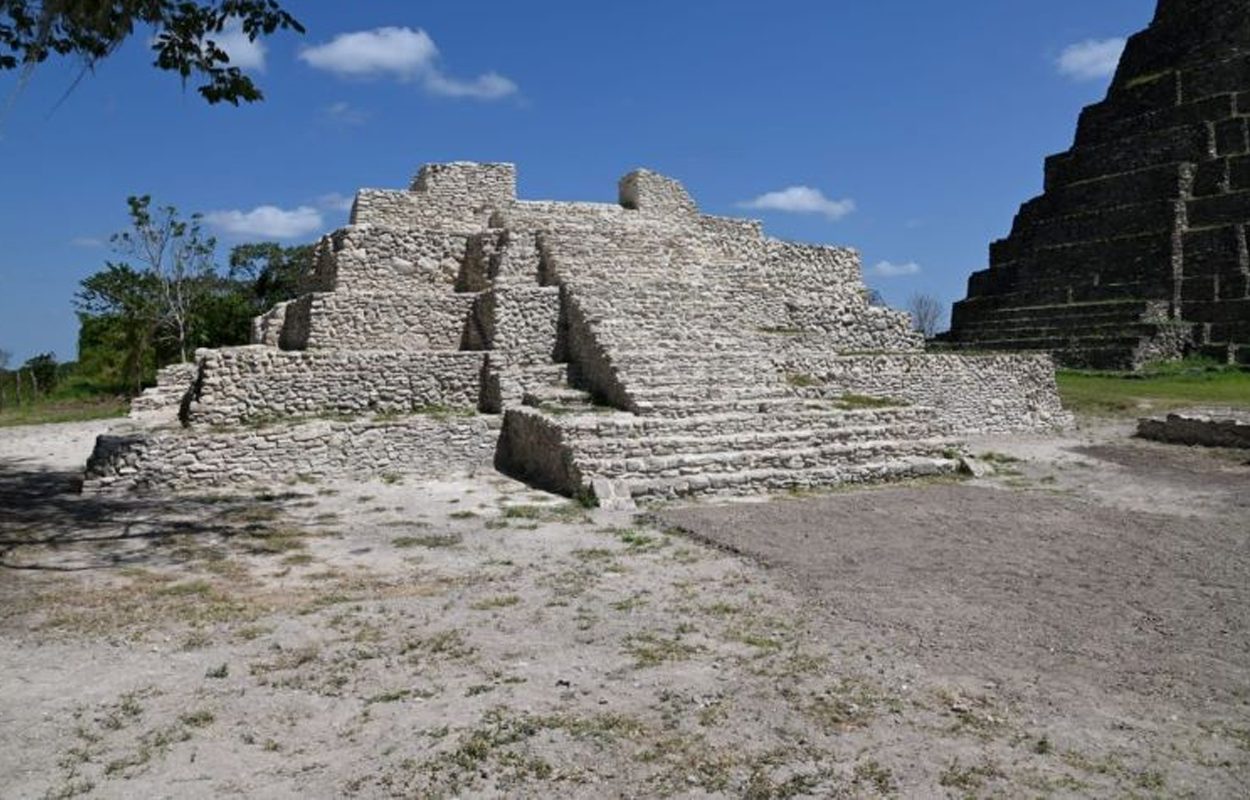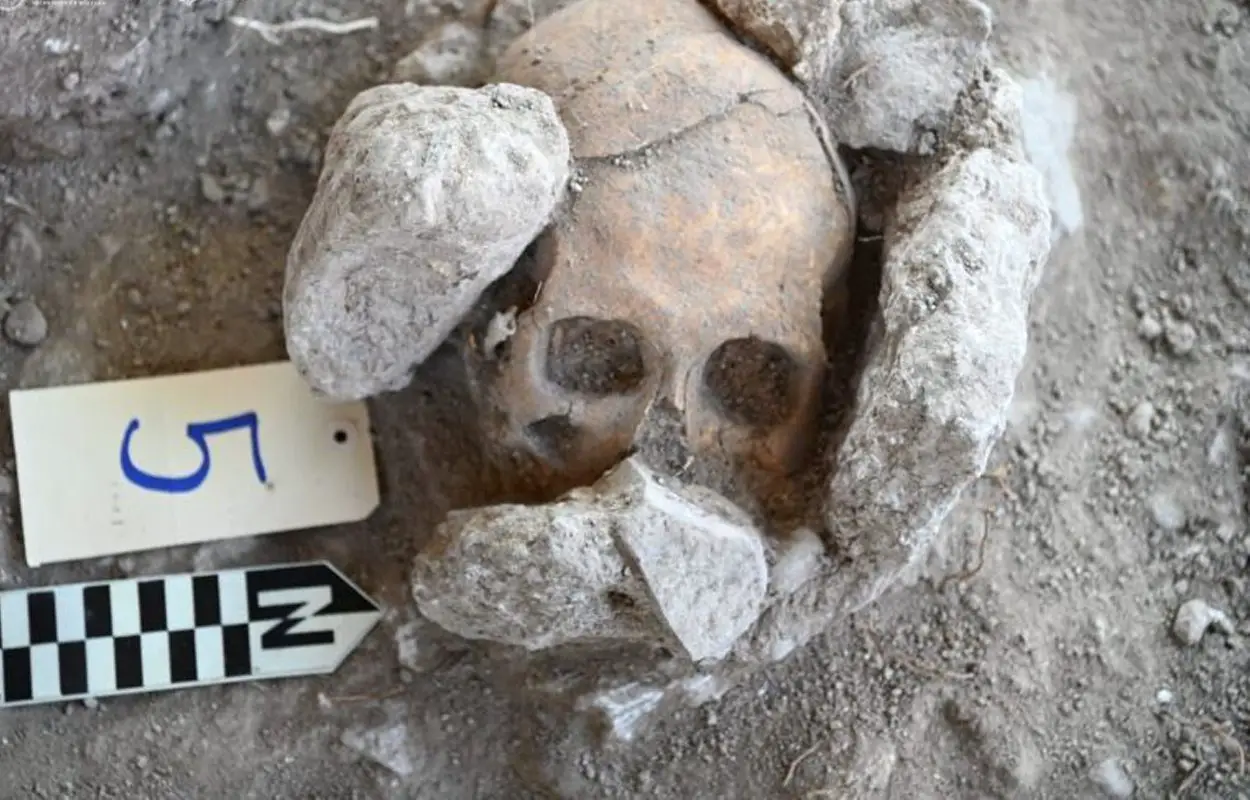Archaeologists from the National Institute of Anthropology and History (INAH) have uncovered burials containing decapitated and dismembered bodies at the stairway of a pyramid in the Maya city of Moral Reforma.
Moral Reforma is a Maya city from the Classic period, located in the municipality of Balancán in the Mexican state of Tabasco.
Occupation of the site dates from around AD 300, emerging into an important centre of trade along the San Pedro Mártir River. The city reached its peak during the years of AD 622 to 756, covering an area of 215 acres that contains palaces, plazas, and several pyramid complexes.
Recent excavations of a pyramid temple called Structure 18 in the city’s eastern plaza, has revealed two groups of burials at the stairway, one dating from between 300 BC to AD 250 during the Late Preclassic, and the other from AD 600 to AD 900 during the Late Classic.

The Late Preclassic group contains up to 12 individuals, some of which were arranged in a seated and lateral right position at the time of death, while the Late Classic group contains up to 13 burials.
Several of the burials from the Late Classic group were decapitated or dismembered, with skulls found in both groups showing signs of tabular oblique deformation, a form of artificial cranial modification to indicate an elevated social status.
The Late Preclassic group also contained 567 artefacts placed as offerings, consisting of shell and jade beads, shell rings, projectile points, vessels and bone needles.
Based on the depth and manner of the burials, the researchers have suggested that they were placed as sacrifices to a deity of the Mayan underworld in consecration of the temple.
Header Image Credit : INAH





